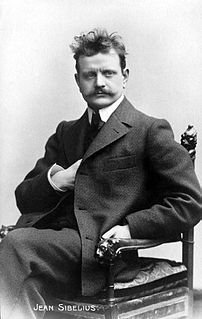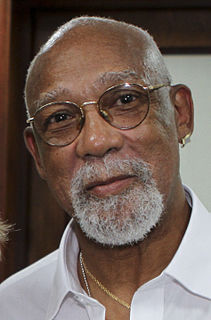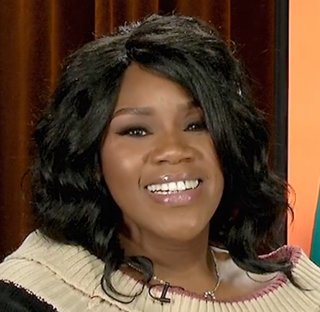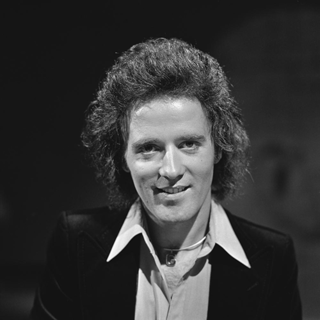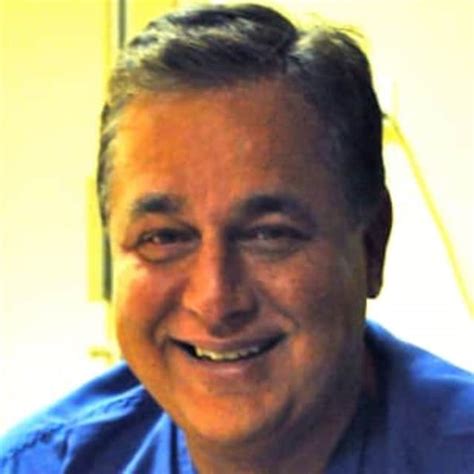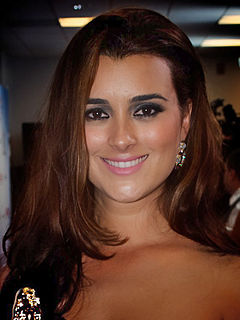A Quote by Robert Rauschenberg
But I found a lot of artists at the Cedar Bar were difficult for me to talk to.
Related Quotes
Fortunately for me, I was able to see the newspaper and saw that they were hiring in a new program called the Cedar Program, and I recall going to one of my Olympic buddies and saying, "Hey, man, this might be a shot in the arm for us. Let's go down and apply for these Cedar jobs."I took a job as a gardener caretaker.
As a young lawyer, I learned to try to find common ground with people, to look for a human connection. When I got to the Senate, despite the fact that there were a lot of people who didn't want me to get there - and were sure they'd never even talk to me, let alone work with me - I really tried to do the job I was sent there to do by the people of New York, which was to get things done for my constituents. I worked with Republicans, and we found a lot of common ground. It isn't easy, but it's part of what we have to do in politics today.
It never occurred to me that there were so many wonderful photos that had been orphaned and were out there in the world, waiting to be found. Over time, I found a lot of very strange pictures of kids, and I wanted to know who they were, what their stories were. Since the photos had no context, I decided I needed to make it up.
I think the entrepreneurial activities that make art visible and attractive are what lure people into the amusement park that SoHo has become or that Bushwick or Williamsburg has become. It's not that outsiders come to an area because they hear artists are living there. A lot of people came who were not that interested in living with artists, but they were interested in living like artists and socializing the way that they thought artists socialized.
God, you mean I lost my virginity to the apocalypse?" Morgan sighed again. "The whole thing was really embarrassing; my parents sent me to Brooklyn when they found out." She shrugged. "I thought I’d be safe in a gay bar, okay? What were you doing in there anyway?" Lace looked at me sidelong. "You were where?" I took a sip of beer, swallowed it. "I, uh, hadn’t been in the city...very long. I didn’t know.
I have a general feeling that writers and artists who are in this peculiar situation, of being a persecuted artist, all anyone ever asks about is the persecution. It may well be that's the last thing in the world they want to talk about. There were many years in which every journalist in the world wanted to talk to me, but nobody wanted to talk to me about my work. That felt deeply frustrating because I felt there was an attempt to stifle me as an artist. The best revenge I could have was to write.

